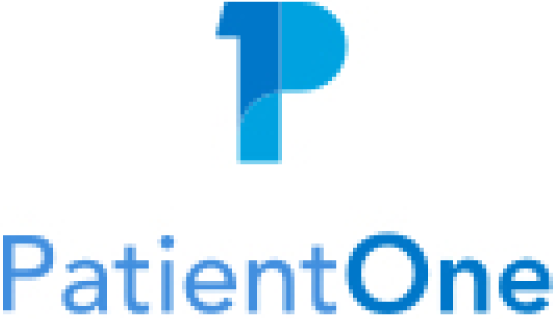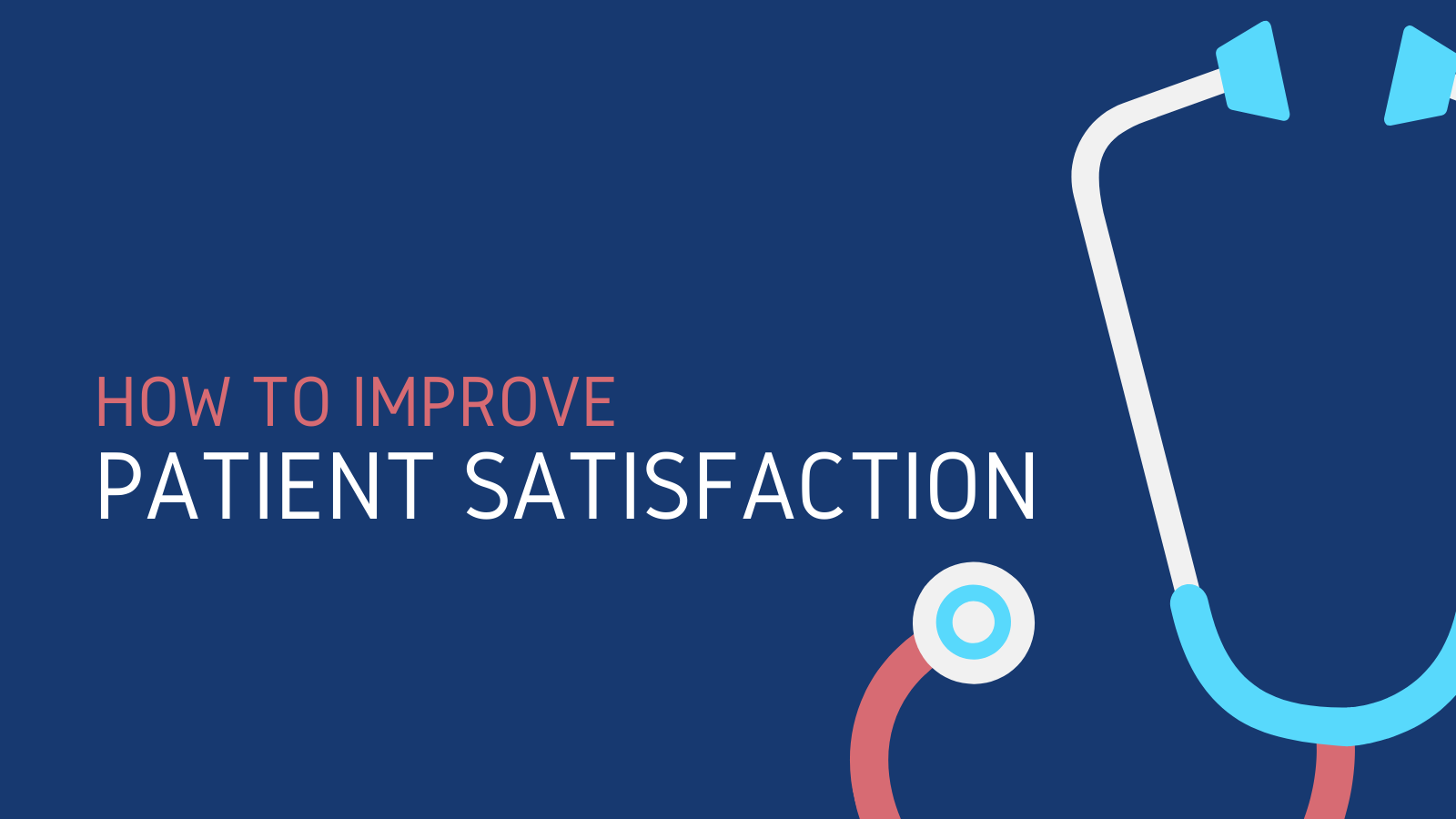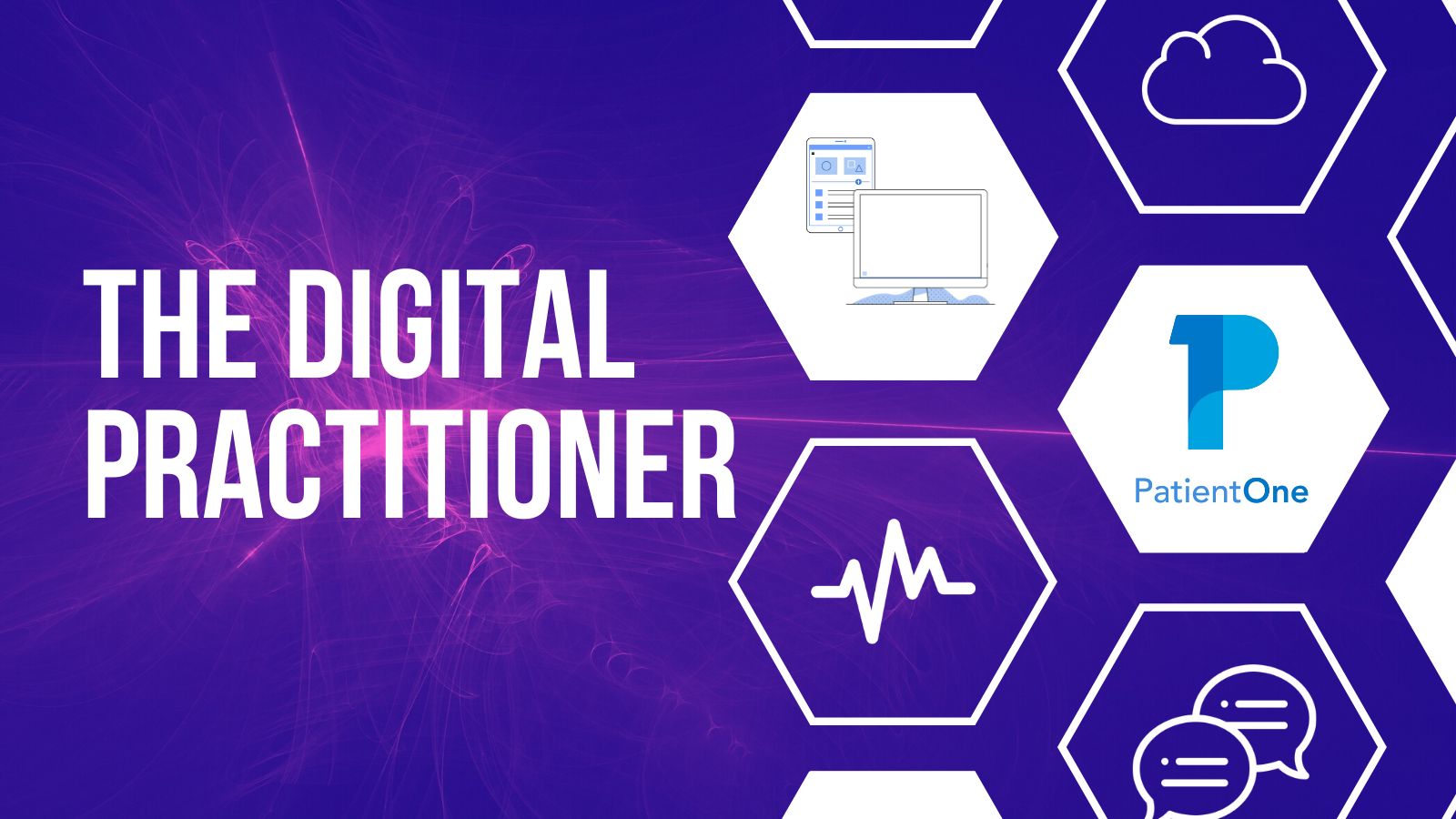Blog
Our latest news and thoughts
- All Posts
-
- Healthcare
- Remote Patient Monitoring
- Connected Care
- Patient Satisfaction
- Digital Innovation
- Standard of Care
- CMS
- Connected Health Devices
- Medicare
- Reducing Expenses
- Connected Health
- Patient Provider Relationship
- Bundled Payments
- Bundled Payments for Care Improvement
- Clinical Empathy
- Coronavirus
- Entrepreneurship
- Optimize Costs
- Physician Burnout
- Revenue
Everything You Need to Know About Connected Health
Topics: Connected Care
October 14, 2019
by Dozie Ezerioha, MD
What is Connected Health?
Digital innovation allows us to prioritize our time, maximize our efficiencies, and cultivate meaningful relationships. Nearly all of America has fully embraced tech. So why are healthcare professionals using outdated methods to connect with their patients? You might assume that other approaches don’t yet exist. Technology-enabled care models, however, are not the musings of futurists but the expectation of our largely digital society. Connected Health is a healthcare delivery model that uses technology to allow physicians to provide their patients with seamless, highly customized care.
The concept of Connected Health is not new, as proprietary technologies seem to hit the market nearly every day. Rather, “Connected Health” serves as an umbrella term encompassing the myriad of mobile health (mHealth), telehealth, remote monitoring, wearable device tracking, and chronic care management application services available today. By combining these components, healthcare professionals can remotely capture clinical data, quickly interpret the recorded information, and deploy contextually relevant, evidence-based interventions.
Patients are increasingly tech-savvy; not just millennials are using mobile apps and Facebook. According to Pew Research Center, 90% of American adults now use the internet and 81% have smartphones. Embracing the technology of today through Connected Health solutions allows providers and patients to communicate in real-time. In urban areas, Connected Health enables more efficient prioritization of both the patient and physician’s time. In rural areas, it greatly reduces systemic barriers to care such as physician shortages and distance.
Connected Health isn’t only convenient for patients and providers, it’s imperative for their engagement. Technology empowers patients to have a say in their health and encourages them to actively participate in their care outside of the physician’s office. From the generated patient data, physicians can identify at-risk individuals, intervene appropriately, and generate better outcomes for increasingly satisfied patients.
.png?width=504&name=Connected%20Health%20Blog%20(1).png)
Who benefits from Connected Health?
Who doesn’t benefit from Connected Health? Patients with questions about their care can find answers and relevant information at the touch of their finger, in the comfort of their own home. Patients can also give their families and caregivers digital access to their clinical information, avoiding broken lines of communication. On the clinical side, these tools streamline workflows, improve patient outcomes, and deliver strikingly better care.
Connected Health tools are fueling medical innovation and allow for better collaboration between physicians and clinical staff. The ability to automatically send alerts and notifications to patients that generate real-time clinical reports allows members of care teams to play a key role in decision-making.
Connected Health also benefits hospitals and health systems. Insights at the individual and population level provide guidance to better care. The latest technology supports value-based care for health systems while reducing costs and eliminating the silos that have historically prevented the adoption of best-care-practices across larger networks.
The foundation for health connectivity is already here. It’s our responsibility to adopt and implement it so that we can provide what is expected of us: exceptional care.
|
Dr. Doz |



%20(1).png?width=167&name=Carrie%20Nixon%20round%20(2)%20(1).png) ie Ezerioha is the Chief Medical Informatics Officer at PatientOne. For almost a decade, he’s tackled healthcare’s most pressing real-world challenges by finding ways to fix the system to deliver better outcomes. Dozie’s background in life sciences, engineering and medicine, and his passion for optimizing the patient healthcare experience, drives his patient-centric approach to building innovative health technology.
ie Ezerioha is the Chief Medical Informatics Officer at PatientOne. For almost a decade, he’s tackled healthcare’s most pressing real-world challenges by finding ways to fix the system to deliver better outcomes. Dozie’s background in life sciences, engineering and medicine, and his passion for optimizing the patient healthcare experience, drives his patient-centric approach to building innovative health technology.
